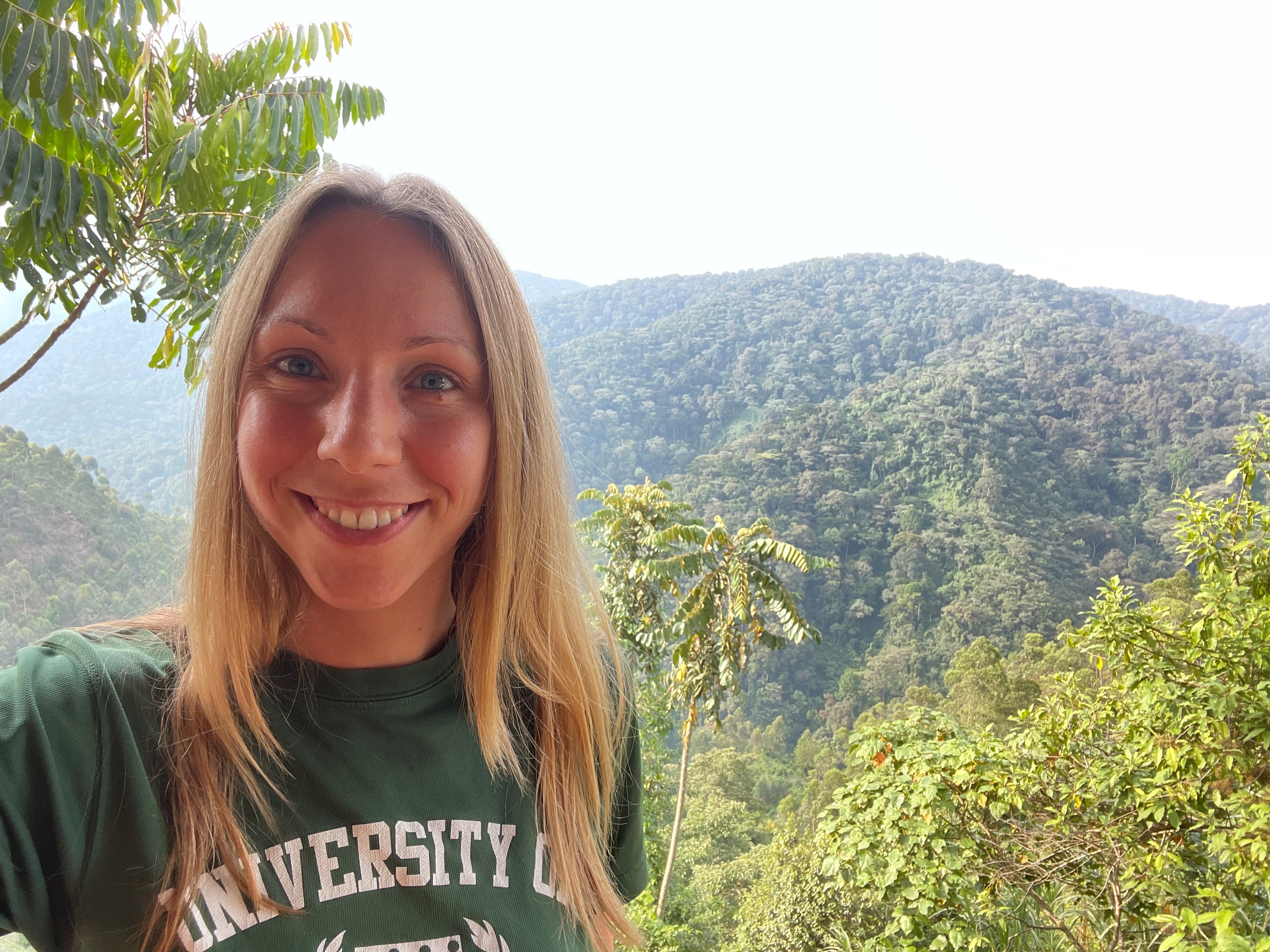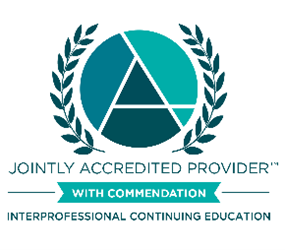
CSHS Racial Equity Training Session 3: Research and Data Literacy
How do I approach and utilize data with a critical eye?
This course is part of a four CSHS meeting series discussing racial equity in Massachusetts schools. In this course, school health professionals will learn about utilizing data sets and how data biases can impact public health decisions.
Target Audience
CSHS grantees, and school health professionals that are interested in this topic.
Learning Objectives
After completing all four sessions, learners will be able to:
- Apply gained knowledge and skills to recognize the things school nurses may do or not do in their practice that can cause harm to BIPOC students as well as things that may be helpful.
- Have the ability to recognize the impact of racism, structures, and institutions on students.
- Learn strategies and have resources to continue your personal journeys to becoming anti-racist practitioners and assume active roles in their schools/districts promoting racial and health equity for students.
After completing the training, you will be able to:
- Describe one advantage and one potential pitfall of using data to inform decisions.
- Explain one reason why data does not always lead us to correct conclusions.
- Describe the feedback loop that can occur when using data to inform decisions.
- Explain why race correction causes harm and how race should be used to identify areas where we must do better.
Boston University Chobanian & Avedisian School of Medicine asks all individuals involved in the development and presentation of Accredited Continuing Education activities to disclose all financial relationships with ineligible companies. This information is disclosed to all activity participants prior to the start of the educational activity. Boston University Chobanian & Avedisian School of Medicine has procedures to mitigate all relevant financial relationships with ineligible companies. In addition, faculty members are asked to disclose when any unapproved use of pharmaceuticals and devices is being discussed.
In accordance with the Standards for Integrity and Independence in Accredited Continuing Education, all relevant financial relationships with ineligible companies that faculty, planners, authors, and anyone who may be in control of content has been mitigated.
No faculty has any financial relationships to disclose.
Faculty
Adam Thomas Labadorf, [email protected]
Dr. Labadorf is an assistant professor in Neurology at Boston University School of Medicine and a BU Bioinformatics Program faculty member. His research is primarily focused on the genomics of neurodegenerative disease in humans, including analysis of high throughput genomics and transcriptomics data from both ante- and post-mortem patient tissues. He serves as director of the Bioinformatics Masters Program, where he oversees advising and curriculum development. He created and teaches a core course in the Masters curriculum related to translational bioinformatics, which includes human genetics and genomics topics. He also serves as the Director of Bioinformatics for the US Veteran’s Affairs PTSD Brain Bank located at the Boston VA, where he organizes and analyzes genomics data generated from the brain samples collected by the brain bank. Prior to his faculty appointment at BU in 2020, he founded and ran a collaborative research group at BU called the Bioinformatics Hub which matched Bioinformatics Masters students to research projects across the university and mentored many MS interns in the completion of these projects.
Barkha Shah, [email protected]
Barkha Shah is a laboratory supervisor in the Biology department in the College of Arts and Sciences at Boston University. She graduated with a BA in Biology from Boston University. Her knowledge and experience as a former student have greatly influenced the department and helped transform the lab classes. The classes she assists with include Microbiology, Human Infectious Diseases, Biology of Global Change, Evolutionary Ecology, Animal Behavior, and Vertebrate Zoology. She serves on the Biology Antiracism Committee.
Felicity Crawford, [email protected]
Felicity Crawford is a clinical associate professor of Special Education in the Teacher of Students with Moderate Disabilities Program. She brings the perspective of an experienced preK-12 educator who has worked for many years, and at every grade level, in racially and culturally diverse classroom settings. Prior to coming to Wheelock, Crawford served as project coordinator at the University of Massachusetts Boston, where she successfully recruited, supervised, and taught several cohorts of master-level students seeking dual licensure in special and general education at the secondary level.
Melisa Osborne, [email protected]
Melisa Osborne, Ph.D. is a research assistant professor in the Graduate Program in Bioinformatics at Boston University. Her current research involves studying the metabolic interactions between environmental microbes and includes project-based mentoring of graduate, undergraduate, and high school students in the microbiology laboratory. She began her career as a biochemist, with a B.A. in Biochemistry and Molecular Biology from the College of Wooster and a doctorate degree in Biochemistry from Brandeis University. After completing her graduate thesis on the single molecule kinetics of bacterial transcription factors in the lab of Jeff Gelles, she expanded her expertise to include in vivo molecular biology and microbiology in the labs of Simon Dove (Boston Children’s Hospital and Harvard Medical School) and Alvaro Sanchez (currently of Yale University). She spent a formative year (2014-2015) as a visiting assistant professor at the College of Wooster teaching chemistry and biochemistry, and her current role at BU includes teaching and advising in the Master’s Program in Bioinformatics. She has been named to the CAS Designing Anti-racist Curricula Fellowship Program at Boston University for the upcoming 2022-2023 academic year.
Theresa Rueger, [email protected]

Dr. Theresa Rueger is a Lecturer (equiv. Assistant Professor) of Tropical Marine Biology at Newcastle University in the UK. Her research concerns the evolution of social and mating systems in coral reef fishes. Originally from Germany, Theresa completed her PhD at James Cook University in Australia and spent two years in Boston as a European Union Marie Curie Fellow before starting her own lab at Newcastle University.
Thomas “TJ” McKenna, [email protected]
TJ McKenna is a lecturer in Science Education at BU Wheelock College of Education & Human Development. He works at the nexus of policy, practice, and research in ways that deepen the understanding of how to make progress on the ecological problem of supporting teachers (pre-service & in-service) in their efforts to offer high quality science learning to all of our students. Dr. McKenna's research focuses on understanding where, what, and how teachers learn to teach science over the course of their careers and how we can encourage and support ongoing changes to improve science teaching, and–more importantly– science learning. In addition, he is interested in designing and researching innovative approaches to professional development that strengthen science teacher learning and build organizational capacity for education reform.
SHIELD Program Manager: Lesly Zapata
 In support of improving patient care, Boston University Chobanian & Avedisian School of Medicine is jointly accredited by the Accreditation Council for Continuing Medical Education (ACCME), the Accreditation Council for Pharmacy Education (ACPE), and the American Nurses Credentialing Center (ANCC), to provide continuing education for the healthcare team.
In support of improving patient care, Boston University Chobanian & Avedisian School of Medicine is jointly accredited by the Accreditation Council for Continuing Medical Education (ACCME), the Accreditation Council for Pharmacy Education (ACPE), and the American Nurses Credentialing Center (ANCC), to provide continuing education for the healthcare team.
Nursing Contact Hours: 2.25 contact hours, of which 0 are eligible for pharmacology credit.
SHIELD is a DESE-approved provider for PDPs. PDP certificates are issued for programs/series lasting 10 or more hours on a topic. CNE certificates are also issued for eligible courses. Learners may use CNE certificates toward PDPs.
Available Credit
- 2.50 ANCC
- 0.00 ANCC Pharmacology
- 2.50 Participation
Price
Disclosure
THIS CONTINUING MEDICAL EDUCATION PROGRAM IS INTENDED SOLELY FOR EDUCATIONAL PURPOSES FOR QUALIFIED HEALTH CARE PROFESSIONALS. IN NO EVENT SHALL BOSTON UNIVERSITY BE LIABLE FOR ANY DECISION MADE OR ACTION TAKEN IN RELIANCE ON THE INFORMATION CONTAINED IN THE PROGRAM. IN NO EVENT SHOULD THE INFORMATION CONTAINED IN THE PROGRAM BE USED AS A SUBSTITUTE FOR PROFESSIONAL CARE. NO PHYSICIAN-PATIENT RELATIONSHIP IS BEING ESTABLISHED. IN NO EVENT SHOULD INFORMATION IN THE MATERIALS REGARDING LAWS, REGULATIONS, OR LEGAL LIABILITY BE CONSIDERED LEGAL ADVICE OR USED AS A SUBSTITUTE FOR CONSULTING WITH AN ATTORNEY.
Copyright
This material is copyrighted by the Massachusetts Department of Public Health (MDPH). MDPH grants permission for use of these materials for non-commercial educational use only, provided credit is given to the MDPH. Modification of content is permitted only with prior approval of the MDPH School Health Unit.
Special Services / Dietary Needs
Boston University strives to be accessible, inclusive and diverse in our facilities, programming and academic offerings. Your experience in this event is important to us. If you have a disability, require communication access services for the deaf or hard of hearing, or believe that you require a reasonable accommodation for another reason please contact the BUSM-CME Office at least 3 weeks prior to event to discuss your needs. For in person meetings with meals, we will work to accommodate dietary requests (including, but not limited to: kosher, vegetarian, low cholesterol, and low sodium) received in writing at least three weeks prior to the start of the conference. Please contact us at [email protected]

 Facebook
Facebook X
X LinkedIn
LinkedIn Forward
Forward